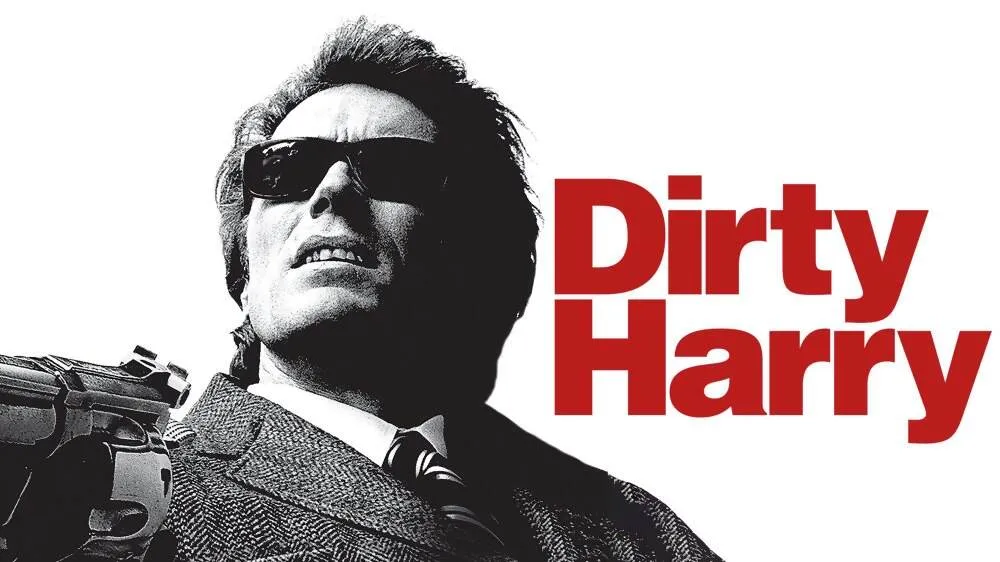Impulse (2024) is a tense conspiracy thriller that explores the dark intersections of media manipulation, power structures, and personal morality. Directed by Patrick Flaherty and written by Will Hirschfeld, the film follows an investigative journalist who uncovers a vast and dangerous global network controlling the narratives behind the most powerful people in the world.
The story centers on Sofia, a determined and emotionally driven reporter who begins looking into a series of high-profile and suspicious deaths within the media and political worlds. What starts as a typical investigation quickly spirals into a dangerous chase, as Sofia uncovers evidence of a secret cabal controlling information, influence, and even governments.
As she digs deeper, Sofia crosses paths with Zane, a charismatic and mysterious figure who is deeply embedded within this shadowy organization. Though he initially presents himself as a source, his true intentions are ambiguous, blurring the line between ally and enemy. The psychological tension between Sofia and Zane grows as she navigates betrayal, manipulation, and threats to her life and loved ones.

Impulse paints a world dominated by secrecy, where truth is a weapon and the media is both a shield and a tool for the powerful. The film uses Sofia's internal conflict—her need for truth versus the threat of consequences—as a mirror for larger questions about journalism, free will, and corruption in modern society.
Gary Dourdan delivers a steady, restrained performance, while Dajana Gudic plays Sofia with a blend of emotional urgency and calculated resilience. Their chemistry adds weight to a script that leans heavily on dialogue and suspense rather than large-scale action. Nick Cassavetes, as Zane, steals several scenes with his cold and persuasive demeanor, representing the calm, unnerving face of control.
Visually, the film leans into noir elements with dim lighting, shadowed corridors, and symbolic uses of color to emphasize deception and danger. The cinematography reinforces Sofia’s descent into a world where every step closer to the truth brings more uncertainty and isolation.

While the plot may not tread completely new ground, Impulse sets itself apart by staying grounded. It avoids turning into a full-blown action spectacle and instead relies on suspense, dramatic tension, and slow-burn storytelling. It occasionally falters in pacing, particularly in the second act, but regains momentum as it approaches the climax.
Themes of surveillance, elite control, and information warfare give the film a timely and unsettling resonance. Impulse taps into public fears about deep-state operations, global conspiracies, and how easy it can be to manipulate public perception.
Though not a mainstream blockbuster, Impulse finds its strength in tone and intention. It’s a small-scale thriller with big ideas, offering a gritty, almost cynical look at the pursuit of truth in a world ruled by shadows. It won’t appeal to everyone, especially those looking for high-budget polish or fast-paced action, but for fans of psychological thrillers and modern noir, it delivers a provocative and reflective experience.
-1751946088-q80.webp)

-1751859221-q80.webp)